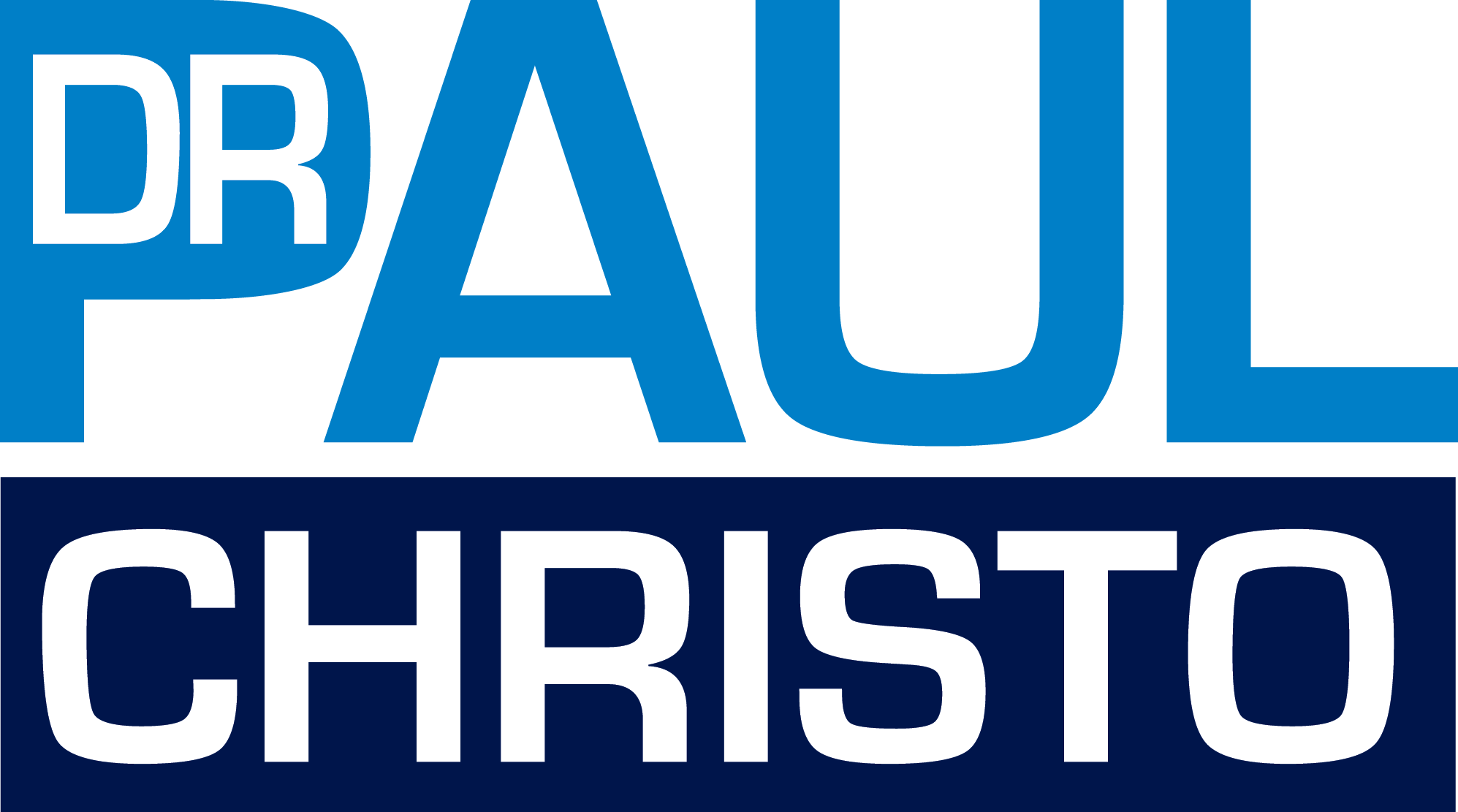President Trump made it official last week: The opioid crisis confronting the United States qualifies as a public health emergency.
For a country ravaged by opioid abuse and overdoses, consensus that the federal government must do more is growing. Consider these statistics on opioids in the US, from the CDC:
- Opioid overdoses have quadrupled since 1999.
- Over 1,000 people are treated daily in emergency rooms for prescription opioid misuse.
- In 2015, more than 15,000 people died from overdosing on prescription opioids.
- In 2014, almost 2 million Americans abused or were dependent on prescription opioids.
Declaring a public health emergency isn’t just a matter of empty words. It should pave the way for a number of concrete actions, but we’re still learning exactly what the Trump Administration has in mind exactly. Wednesday, President Trump’s commission on the opioid crisis released its final report, indicating it hopes to see more drug courts, more training for doctors, and penalties for insurers that try to avoid coverage for addiction treatment, The Washington Post reported. Unfortunately, though, it commits no new funding to the problem, and there is still an issue of not enough health care professionals to provide quality care for all those that need it, if you’re wanting to pursue a public health career, you might want to look into this USC article as to what area of public health you might best be suited in.
As the full meaning of the declaration comes into focus, it’s important to keep in mind the needs of people who have not abused opioids, but rely upon them for the treatment of chronic pain.
It’s important for concerned doctors and patients to make sure that steps taken to curb the crisis focus on humane interventions to help people at risk of overdosing that do not increase the hurdles to people suffering from pain and in need of medication. For more in-depth discussion on this concern, listen to my radio show War on Opioids.
Untreated pain is not just a problem in the U.S. In fact, while the U.S. debates the best way to cope with its domestic public health emergency, the global health community is beginning to understand and address the scope of the crisis around the world. People in the poorest countries face a huge gap in access to pain medicine—a disparity laid bare by the recent Lancet Commission report: Alleviating the access abyss in palliative care and pain relief—an imperative of universal health coverage, published October 13, 2017. The report underscores the need in countries like Haiti, where 99% of the patient need for morphine-equivalent opioids goes unmet. Of the 298.5 metric tons of morphine-equivalent opioids distributed annually, low-income countries receive just 0.1 metric tons, according to the Commission.
In a commentary on the report, Lancet editor-in-chief Dr. Richard Horton acknowledges the significance of the problem, calling the neglect of palliative care and pain globally an “appalling oversight.” He offers support to people struggling with pain around the world: “Death and disability are important metrics for describing the state of the world’s health. But suffering is important too. Measures of suffering have been absent, and so the need for palliative care and pain relief services has been easy to miss. That excuse no longer holds. The scale of human suffering is massive—61 million people in 2015 and 6 billion physical and psychological symptom days annually (4 out of 5 of these days being accumulated in low-income and middle-income settings),” he writes.
As more medical and public health professionals around the world begin to acknowledge and understand the suffering caused by unmanaged pain, we can hope that more resources and research will be devoted to finding new treatments and solutions. It’s also important to consider other pharmacological therapies, injections, and integrative approaches.
For more discussion and help related to the opioid crisis and alternatives to opioids for pain management, read past blog posts or listen to previous shows:
Please subscribe today to our podcast channel, on iTunes, and you will gain access to my full library of innovative pain-coping shows plus new interviews as they are posted.
Remember, no one is immune to pain but together we can overcome it.

